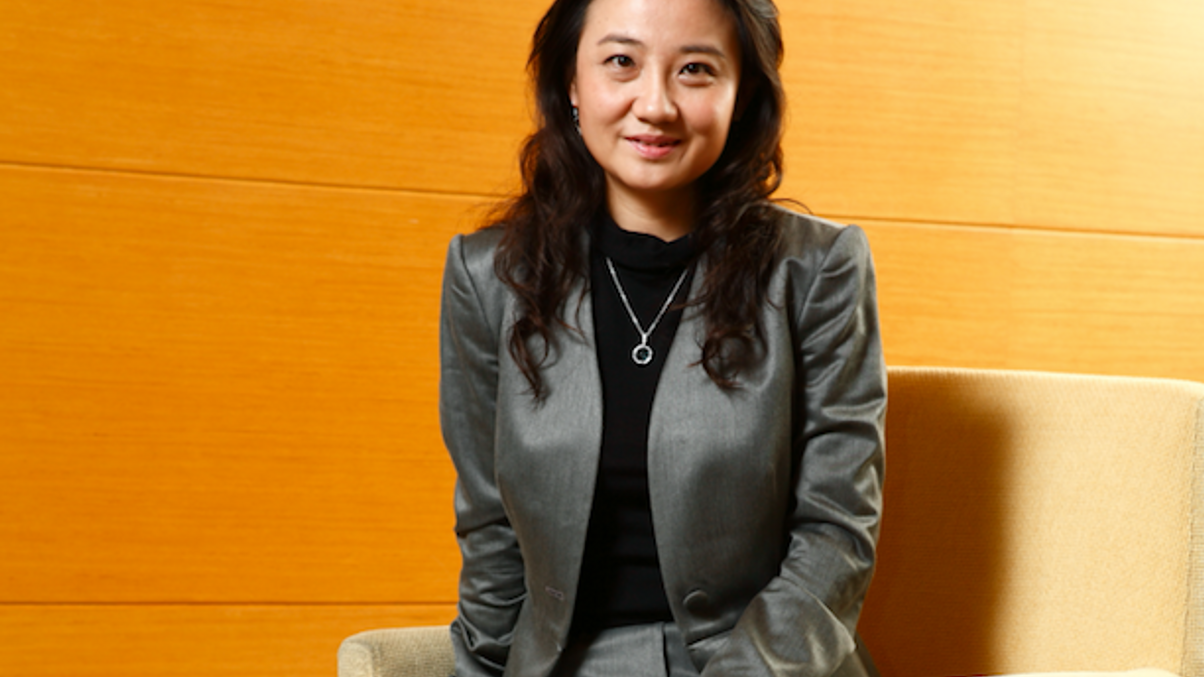CMB Private Bank seeks benefits from China client links
China Merchant Bank's general manager for its private bank division explains how it differs its services from its big regional rivals, as it seeks to build an international business.

China Merchants Bank (CMB) has grand plans for wealth management. The Chinese lender only started a private bank division in Shenzhen in 2007; by the end of June 2017 it had $265 billion in assets under management, making it the world’s 15th largest, according to consultancy Scorpio Partnership.
Sign in to read on!
Registered users get 2 free articles in 30 days.
Subscribers have full unlimited access to AsianInvestor
Not signed up? New users get 2 free articles per month, plus a 7-day unlimited free trial.
¬ Haymarket Media Limited. All rights reserved.


